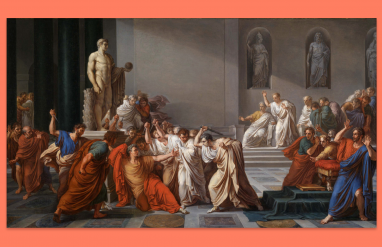What did she say?
Orson Scott Card cautioned against using invented swears in fiction because the fake “oaths” risked making the story silly. Fair enough.
But frak it, sometimes cursing is the only way to let it out.
On-screen rules often prohibit or limit profanity. So, screenwriters get creative (while engaging in world-building). Even Fantastic Mr. Fox had to release some heat (“This is going to be a total cluster-cuss,” “You scared the cuss out of us”).
Using cuss as a cuss is cute, if vanilla. For some more kapow, here are some of the most clever fake swears seen on screen, from our favorite sitcoms to classic sci-fi.
























